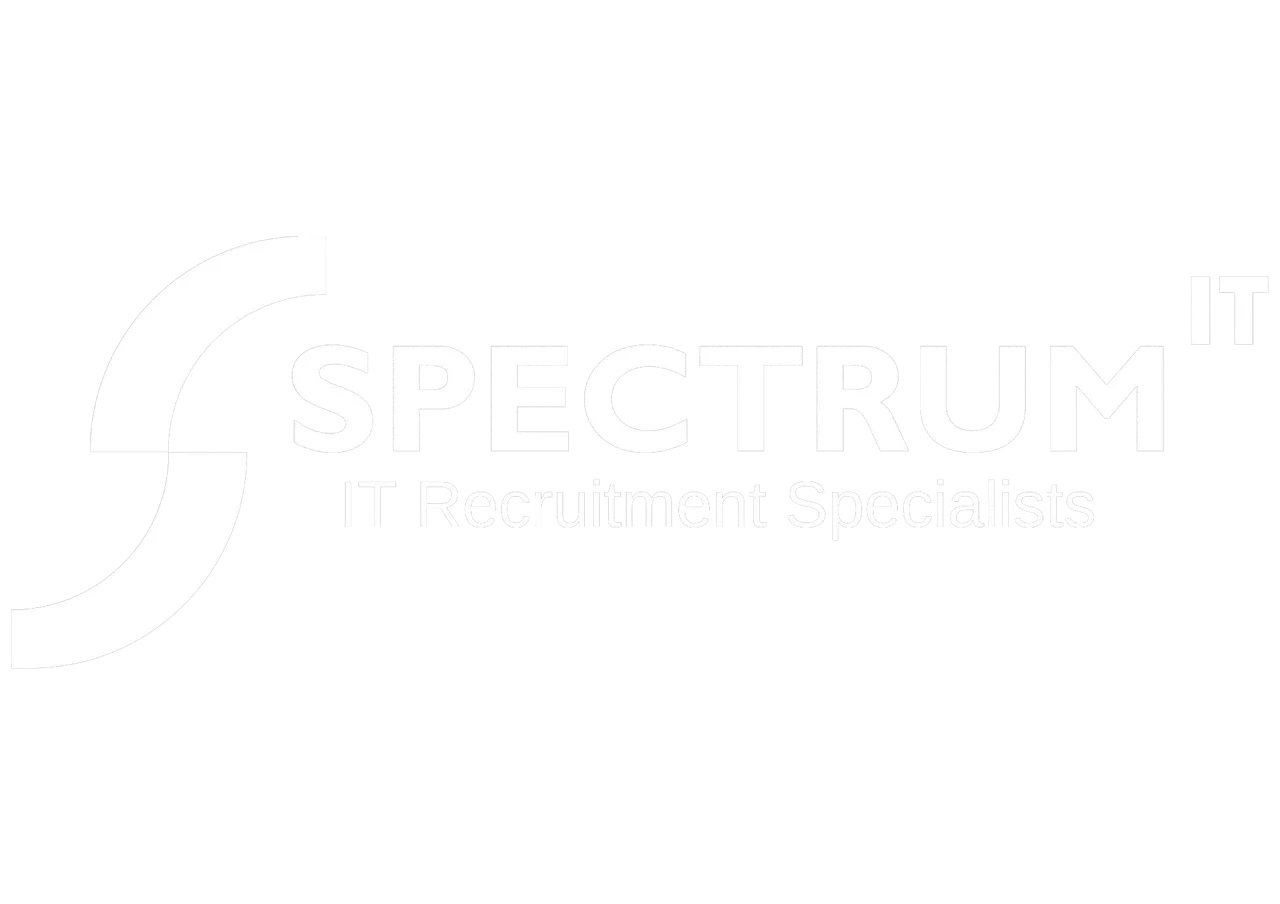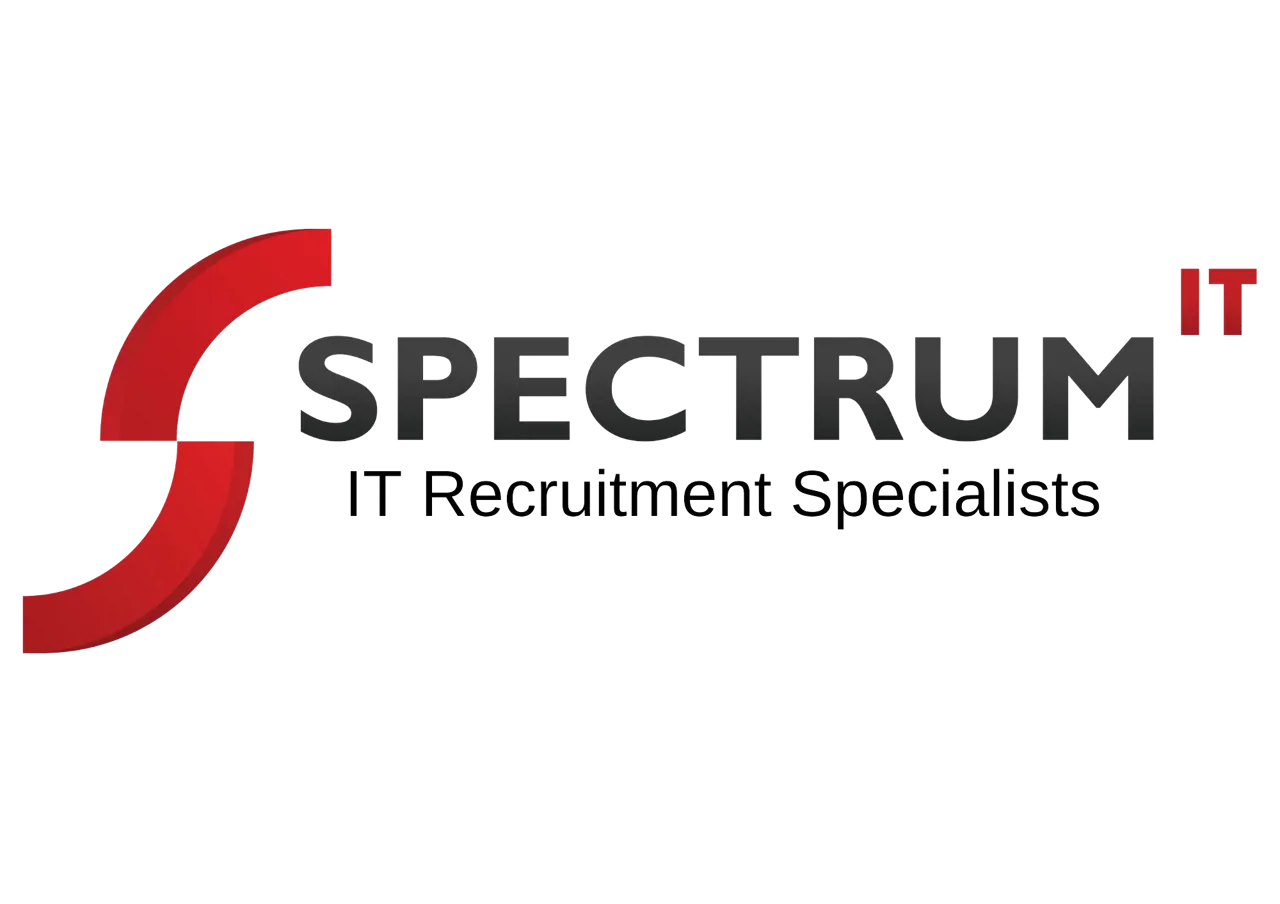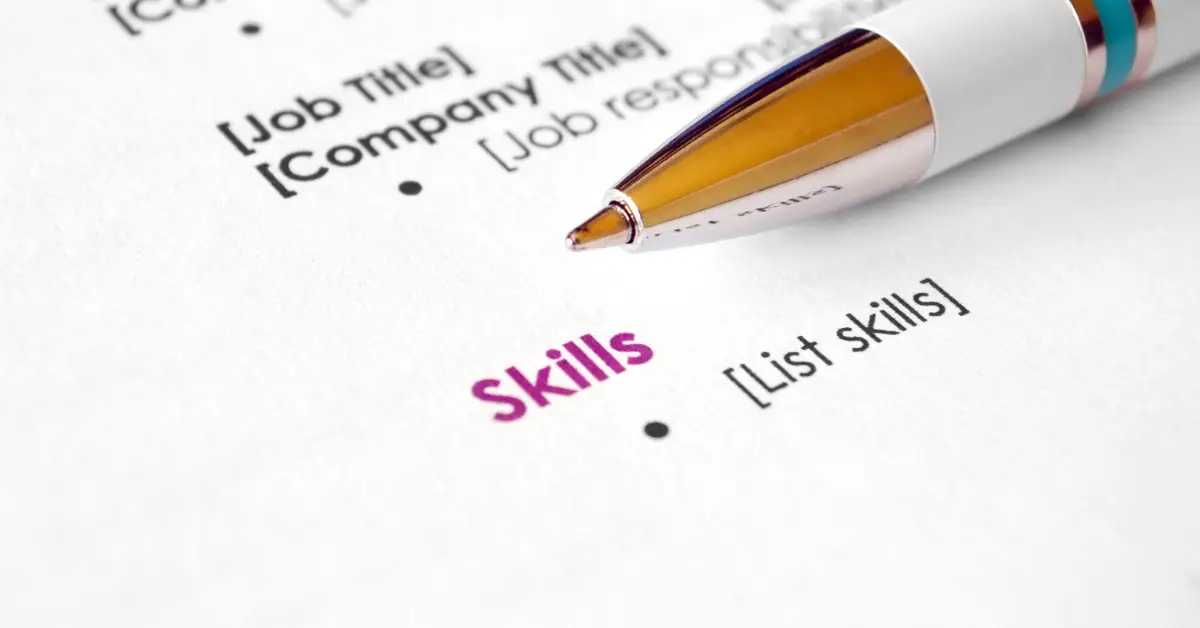
What Tech Recruiters Look For in a CV
01 Aug, 202514 minutes
With competition for top tech roles fiercer than ever, your CV needs to work harder to get you noticed. It’s your first chance to make a good impression with a prospective new employer. It’s designed to introduce who you are and what you can do, in a clear, concise and relevant way. You need to make the recruiter stop and read it, as well as be interested enough to want to call you in for an interview to find out more.
Here are our top tips for crafting a standout CV.
Tailor Your CV for Every Role
As tempting as it can be to create one really good CV and send it out for every job role you’re interested in, it’s better to tailor your CV for each opportunity. This doesn’t mean having to do a full re-write every single time, as the key details will stay the same, but a tailored CV shows you’ve thoroughly read the job description and applied it to your application.
Pull out keywords and skills that match the requirements of the role to present yourself as a desirable candidate, highlighting the most relevant information. Where a job description has technical requirements, ensure you include your skills and proficiency in these areas.
Taking the time to tailor your CV shows a genuine interest in the position you’re applying for. As more hiring companies use AI-driven applicant tracking systems to filter the initial batch of CVs, clearly showcasing how you meet the specifications of the job description will help to pass those initial screenings.
Recruiter Tip: Keep one ‘master CV’ with all your experience and skills, and update this regularly. When you need to tailor a CV for an application, you can extract the most relevant information quickly and easily.
Make Your Technical Skills Easy to Find
When applying for roles in the tech industry, your technical skills are, naturally, a key part of your CV. These should sit in their own dedicated section, close to the top of the document, prioritising skills that have been specifically mentioned in the job description. You may also want to bring in these skills when talking about your work experience too.
You should include the software or programming languages you’re skilled with, how much experience you have with each and your proficiency level (normally out of 5). Only include skills that are relevant to the role you’re applying for.
You can present this as clear bullet points, which can be useful if you want to quantify your skill level with a written example of how you’ve implemented it in your current role, for example. You may also consider a skills matrix, especially if the role requires a broad range of skills, giving a visual overview of your abilities and technical competency.
Recruiter Tip: Be honest about your skills and proficiency; most tech jobs will have technical testing as part of the recruitment process, so you need to be able to back up any claims you make on your CV.
Hiring managers get sent a lot of CVs, so they don’t have time to read through pages and pages of information or pull out the relevant details. Forget the flashy, over-the-top layouts in favour of clear, logical and concise documents.
Everything from your font choice to spacing can make your CV more attractive and easier to read. Keep your sections obvious, so the person reading it can easily find the information they need. Use bullet points where relevant rather than blocks of text.
Think about the order your present your information in too; make it clear you meet the job requirements as high up the page as you can. If you’re coming into your first job in the tech industry, one page is probably enough to detail your skillset, but for experienced professionals, two pages is generally accepted.
Be concise and include clear examples of your achievements, ideally with evidenced statements, such as ‘increased website visitors by 10%’ or ‘consistently delivered ahead of schedule’, rather than longer, vague text.
Recruiter Tip: Drop things off your CV once they’re no longer relevant – your GCSEs won’t have much sway on whether you get a tech role once you’ve got measurable experience.
Nail the Basics
Many applications can be tripped up by something like basic spelling mistakes or missing key information.
Your CV should have your personal details and contact information at the top, easy to find, along with any relevant social media or online profiles (not your personal Facebook page!). This means hiring managers can find out more about you quickly. If the application asks for specific evidence or a cover letter, make sure you include these. Ignoring directions in the application process is a surefire way to end up in the ‘No’ pile.
Run, at the very least, a basic spell check. Ideally, put your CV through a more advanced grammar-checking tool, like Grammarly, which will help with conciseness and tone, as well as spelling and grammar.
Recruiter Tip: Ask someone you trust to read your CV – others often spot mistakes easier than we can see them ourselves, and even the best AI grammar checkers are not infallible.
Your CV, along with your cover letter, is your only chance to make a first impression. Don’t be afraid to inject a little personality into your application, so the hiring manger gets a sense of who you are as well as what you can do.
Show passion for recent projects, as well as a keenness to learn and develop. You don’t have much space to include a lot of examples of what you’ve done, so pick a few that really highlight how you work, for example when you’ve overcome technical challenges, how you problem solve and how you’ve managed continuous personal growth.
As well as your technical skills, ensure you include relevant but demonstrable soft skills – for example, you might say you’re a good communicator and include an example of a presentation you delivered to a specific audience with a positive outcome.
It can be good to include hobbies and groups if they add something to your application. For example, if you attend community tech groups, participate in coding challenges or volunteer to help children learn to program.
Recruiter Tip: Genuine enthusiasm comes through on a CV and helps it to stand out in a pile. Inject your personality where you can but keep it professional and focused on what makes you a great hire.
Get Your CV Interview-Ready
A great CV could be the difference between getting invited to an interview, or not. Keep these five essentials front of mind:
- Tailor your CV for each job, but make sure to keep one “master CV” you can go back to
- Showcase your technical skills clearly and honestly
- Keep your CV clear, concise, and relevant
- Get the basics right, and ask someone to proofread your CV
- Let your personality shine through
Bonus Tip: If you have CVs stored online, make sure to update all versions! 
Want more help to stand out?
Check out our Interview Tips to get fully ready for your next opportunity.
Need tailored advice?
We offer advice and tips for every step of the recruitment process, including tailoring your CV. Contact our team - we’re here to help you find your ideal tech role.






